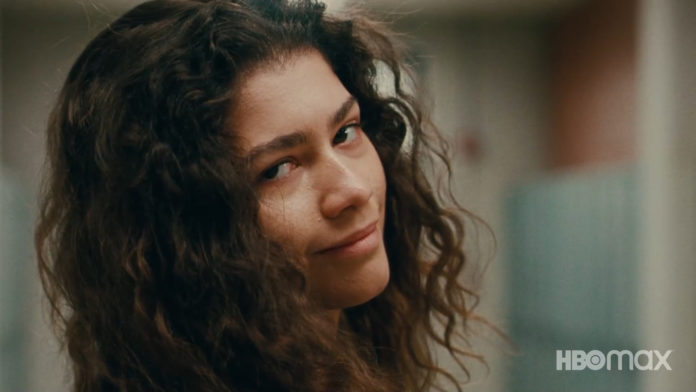By Clay Thompson | Reporter
The sophomore outing of “Euphoria” majorly contributed to its rising popularity among viewing audiences. According to Variety, it has become the most tweeted-about television show of the decade as of Feb. 25 — two days before its season two finale — with more than 30 million tweets.
From makeup trends to parties centered on the aesthetics of the show, “Euphoria” has brought attention to the style, as well as issues facing Generation Z today. Time magazine reported on what the show gets right and wrong about teenage drug addiction and drug use, showing how teenage drug use isn’t uncommon. The article explained how 1.6 million kids between ages 12 to 17 — about 6.3% if tge adolescent population — had a substance use disorder in 2020 according to the Substance Abuse and Mental Health Services Administration.
However, Lilly Ettinger, assistant director of wellness and recovery services at Baylor Beauchamp Addiction Recovery Center (B.A.R.C.), said she has only seen an episode and a half of “Euphoria,” and has observed the different issues portrayed on the show.
“It wasn’t particularly realistic in some of the ways, like the lack of hangovers and downtime. It showed all the dramatic parts. It didn’t show all of the painfully boring parts that come with a lot of drug use,” Ettinger said.
Recovery chaplain at B.A.R.C. Kaitlyn Campbell said she has only read about and seen clips of “Euphoria.”
“I don’t think the creators of ‘Euphoria’ were going for an educational statement,” Campbell said. “But at the same time, it felt a little more like it was trying to glamorize certain aspects and downplay outcomes and repercussions. I believe in informed decision making, and if ‘Euphoria’ is your only interaction with the concept of drugs and alcohol, I don’t think that’s very informed.”
Through Zendaya’s performance as Rue Bennett, violently shouting at friends and family, “Euphoria” shows the volatility and chaos of teenage drug addiction several times.
“I think it has had an impact on some people who think, ‘So I’m not as bad as this glamorized fictional portrayal, so I don’t really need this kind of help.’ And I’ve had some people be like, ‘It makes me remember the good times,'” Ettinger said.
Despite the ups and downs, “Euphoria’s” popularity and influence have caused a ripple.






